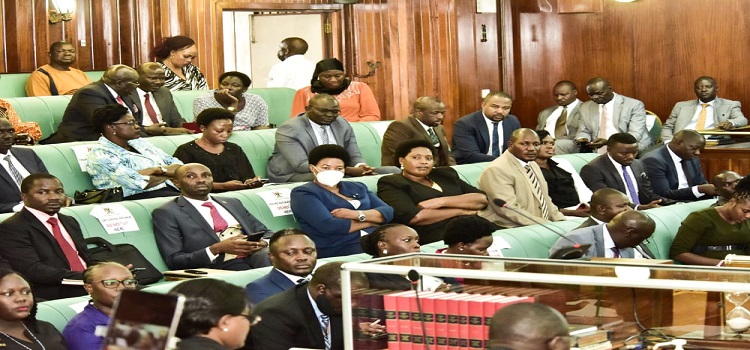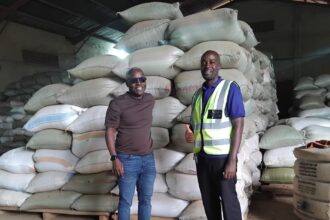In a bid to combat the escalating drug trade, Uganda has taken a bold step by enacting stringent changes to the Nacortic Drugs and Psychotropic Substance Bill 2023.
On August 16th, Parliament ratified the amendments, setting the stage for a tough stance against drug traffickers.
Under the new provisions, those found guilty of drug trafficking could face an uncompromising 20-year imprisonment term, a substantial Shs. 1 billion fine, or a combination of both penalties.
This move signifies Uganda’s commitment to curbing the menace of drug-related activities and underscores a resolute push for a safer and more secure society.
The bill’s stringent amendments target a range of hazardous substances, including cannabis, marijuana, and cocaine, among others, in an effort to curb their trafficking.
These measures were prompted by a report from the Parliamentary committee on defense and internal affairs, which urged a prohibition on narcotics such as cannabis due to their devastating impact on citizens’ mental health, particularly among the youth.
While the law does allow for one exemption—permitting the use of these narcotics by scientists, particularly during medical research and treatment—Hon. Muwanga Kivumbi, the MP for Butambala, cautioned his colleagues against undue enthusiasm.
He stressed the importance of adopting a prudent approach, given that numerous drugs play a crucial role in supporting the livelihoods of the country’s citizens.
He criticized fellow MPs who assumed that narcotics cultivation was centered solely in his Butambala constituency, asserting that several other districts across the nation actually surpass it. He urged for a unified national effort against drug trafficking, transcending regional boundaries.
“Butambala does not have the highest number of narcotics growers, Wakiso has more, Malacha has more than Butambala, it should not be viewed as if it is a Butambala issue, not at all, that’s not the issue,” Hon. Kivumbi resolutely argued.
“The issue I want to dislodge is to ensure that on day one, it does not criminalize people who have been found growing it because it has not been a prohibited plant. And my reading of this provision is that from the day, and if we agree with section 1 which we passed, I would beg the indulgence of this parliament that it must take care of that huge population,” he added.
Butambala’s Woman MP, Hon. Aisha Kabanda, raised a thought-provoking query, delving into the significance of banning cocaine cultivation—a significant revenue stream.
She astutely questioned the paradox of halting this practice without a concurrent effort from the government to generate alternative employment opportunities for the affected individuals, once the law takes effect.
“All the things that have been blamed of narcotics, I want to say that alcohol causes them, and Uganda is number one consumer of alcohol in Africa, I have not heard this country say that we stop alcohol consumption because it has these effects, instead we are looking to more being sold so that we can raise taxes….” Hon Kabanda angrily said.
It is evident that this conundrum highlights the complexity of the issue at hand. As the country gears up to implement these stringent sentences, the delicate interplay between criminal justice, public health, and economic realities becomes ever more pronounced.
The new law not only signals Uganda’s determination to confront drug trafficking head-on but also prompts a deeper reflection on the intricate web of factors that drive individuals to engage in this illicit trade.
As the legal landscape evolves, there is a palpable sense of urgency in society—a shared recognition that a collective effort is needed to curb the illicit flow of narcotics.
The amendments to the Nacortic Drugs and Psychotropic Substance Bill 2023 are more than just legislative changes; they represent a pivotal moment in Uganda’s ongoing struggle against drug trafficking, demanding both vigilance and a nuanced understanding of the multifaceted challenges that lie ahead.
Do you have a story in your community or an opinion to share with us: Email us at Submit an Article









